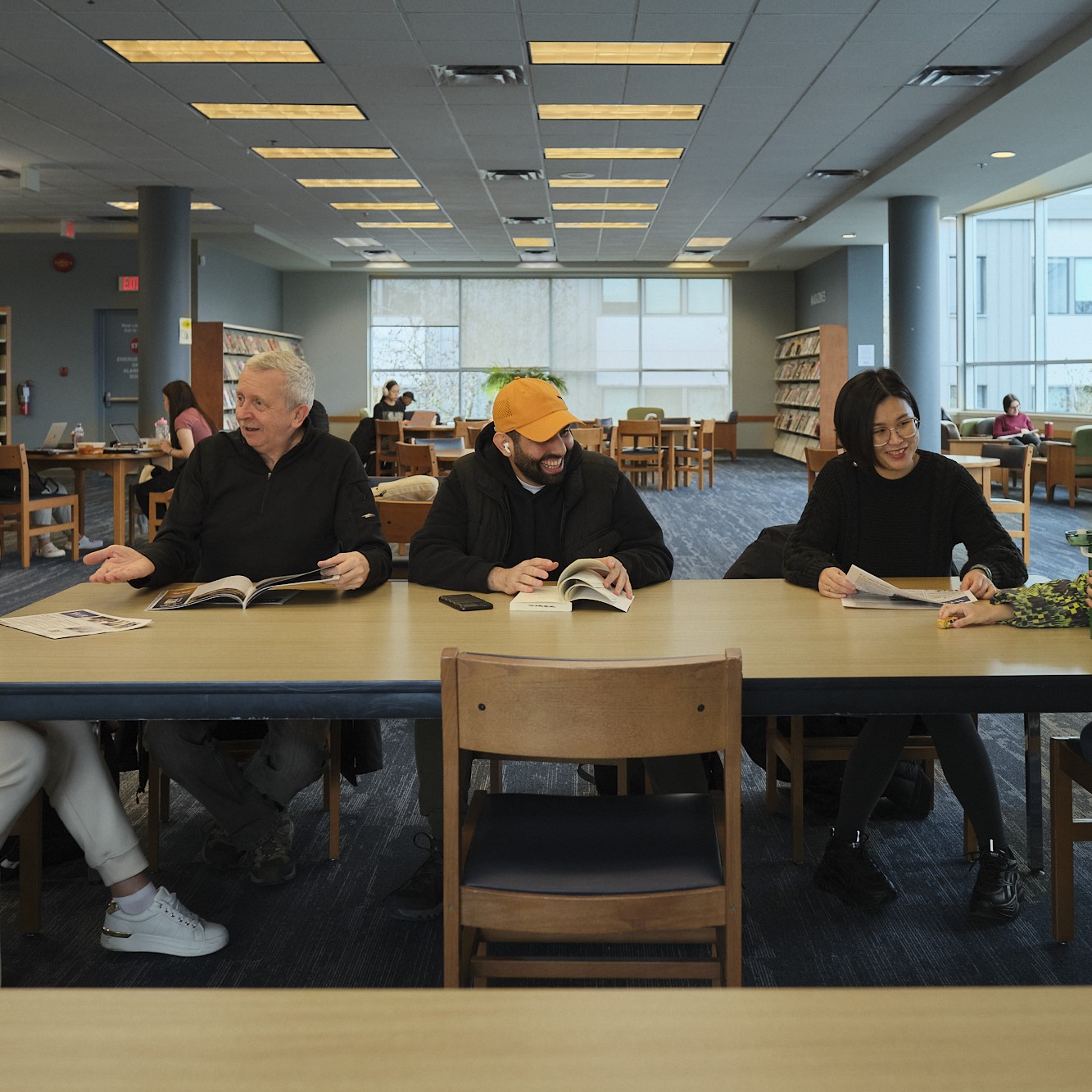On December 11, 2023, Kathy Sherrell, our Director of Settlement Services, representing Immigrant Services Society of British Columbia (ISSofBC), spoke at the Senate of Canada’s Standing Committee on Human Rights. This article provides a summary of what Kathy discussed at the Committee to better inform the government of the challenges refugees face when arriving in Canada.
As one of the oldest and largest settlement organizations in the province, ISSofBC holds a strategic role as British Columbia’s principal provider of the Resettlement Assistance Program (RAP) for Government Assisted Refugees (GARs), a sponsorship agreement holder for privately sponsored refugees, and the largest agency delivering BC-funded targeted services for refugee claimants.
Kathy provided insights into the health and socio-economic outcomes of Syrian refugees and government-assisted refugees that we support.
Post-arrival challenges: A healthcare focus
As Kathy explained, the post-arrival period is the most challenging for refugees. It is also a critical time for service providers that need to ensure access to timely, consistent, and appropriate support systems for effective settlement and integration.
Refugees, distinct from other immigrant categories, may arrive in Canada with unique health needs. Kathy highlighted the importance of recognizing and addressing the wide range of health challenges refugees can experience upon arrival, stemming from delayed access to medical attention, interruptions in medication continuity, end-stage chronic illnesses, and clinical mental health requirements.
Current healthcare landscape for refugees
Refugees in Canada currently benefit from the Interim Federal Health Program (IFHP), which offers temporary basic health coverage until eligibility for provincial or territorial health insurance is attained.
However, variations in access to specific treatments or medications across provinces pose challenges.
Based upon recent ISSofBC research, such as the ‘Sustaining Welcome’ report, Kathy explained to the Committee that there is currently a misalignment within the mental health support provided to refugees and their needs.
As the research showed, the mental health of refugees can decline in the second year after arriving in Canada, and yet they are currently only offered limited access to clinical support, and only in the first year after their arrival.
To address these challenges, Kathy recommended the establishment of national consistency in the coverage provided by the IFHP and a reconsideration of eligibility periods for supplemental activities available to refugees.
A call for expanded services for refugee claimants
Kathy also drew attention to the exclusion of refugee claimants (asylum seekers) from federally funded National Settlement Programming, emphasizing the significant variations in provincially or territorially funded services for this demographic.
Over 75% of refugee claimants will eventually gain the ability to remain in Canada, so this denial in the provision of services to them as they wait for their confirmation of final status only compounds their economic, social and mental hardships.
Given the long term economic and social scarring that can result from delayed access to such key services, Kathy argued that nationally-funded support services and eligibility should be expanded to include refugee claimants.
Canada’s Collaborative Integration Model
Canada’s commitment to a two-way model of integration, where both Canadian society and newcomers share mutual responsibility, necessitates the establishment of comprehensive national programs and supports.
Kathy emphasized the collective responsibility to ensure the success of individuals arriving in Canada under the humanitarian stream.
Kathy is very grateful to the Senate Standing Committee on Human Rights for inviting her to speak at this hearing. As Kathy’s recommendations show, ISSofBC remains committed to advocating for policies that promote the seamless integration of refugees, thereby contributing to the creation of an inclusive and supportive society.



